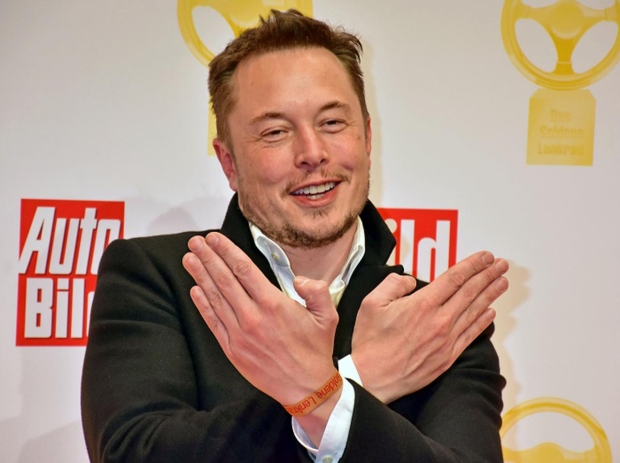Talking to the New Yorker, Colin Kahl, then the Under-Secretary of Defense for Policy at the Pentagon described how he had to talk Musk out of the cunning plan he hatched with Putin.
The US military was worried because Ukraine forces had suddenly found their connectivity severed as they entered territory contested by Russia. More alarmingly, SpaceX had recently given the Pentagon an ultimatum: if it didn’t assume the cost of providing service in Ukraine, which the company calculated at some four hundred million dollars annually, it would cut off access.
Starlink units were difficult for the Russians to switch off but Musk could order it. That was not a problem because Musk supported for the Ukrainian cause, responding encouragingly as Mykhailo Fedorov, the Ukrainian minister for digital transformation, tweeted pictures of equipment in the field.
But as the war dragged on, Musk became worried about the cost and the fact that Starlink was being used for warfare. At a conference in Aspen attended by business and political figures, Musk even appeared to express support for Vladimir Putin.
Reid Hoffman, who helped start PayPal with Musk, said his former partner seemed to have “bought what Putin was selling, hook, line, and sinker.”
A week later, Musk tweeted a proposal for "his own peace plan," which called for new referendums to redraw the borders of Ukraine, and granted Russia control of Crimea, the semi-autonomous peninsula recognised by most nations, including the United States, as Ukrainian territory. Ukraine would not be allowed to join NATO either. Basically this would legitamise Putin's land snatch and enable him to claim the rest when he had breather.
In later tweets, Musk portrayed an inevitable outcome favouring Russia and attached maps highlighting eastern Ukrainian territories, some of which, he argued, “prefer Russia.”
Musk polled his Twitter followers about the plan. Millions responded, with about sixty per cent rejecting the proposal.
Then it started getting ugly. Ukrainian forces advancing into contested areas in the south suddenly found themselves unable to communicate on Starlink.
One signal’s operater said that when they were close to the front line, Starlink stopped working. The consequences were immediate.
“Communications became dead, units were isolated. When you’re on offense, especially for commanders, you need constant information from battalions. Commanders had to drive to the battlefield to be in radio range, risking themselves,” Mykola said.
The Financial Times reported that outages affected Kherson, Zaporizhzhia, Kharkiv, Donetsk, and Luhansk units. American and Ukrainian officials confirmed SpaceX had cut the connectivity via geofencing, cordoning off areas of access.
The US military had a huge problem because everything depended on Musk’s whim. The only way forward was to reach a contractual agreement that Musk would stop switching off the service. That was Kahl’s job.
According to unclassified talking points for the call, he thanked Musk for his efforts in Ukraine, acknowledged his steep costs, and pleaded for even a few weeks to devise a contract. “If you cut this off, it doesn’t end the war,” Kahl recalled telling Musk.
Musk wasn’t immediately convinced because he was worried about being seen in Russia as enabling the Ukrainian war effort, and was looking for a way to placate Russian concerns. Then he dropped a bombshell – he had spoken with Putin personally.
To make matters worse, he said his consultations with the Kremlin were regular. (Musk later denied having spoken with Putin about Ukraine.)
On the phone, Musk said he was looking at his laptop and could see “the entire war unfolding” through a map of Starlink activity. “This was three minutes before he said, ‘Well, I had this great conversation with Putin,’ ” the senior defence official told me. “And we were, ‘Oh, dear, this is not good.’” Musk told Kahl that the vivid illustration of how the technology he had designed for peaceful ends was being used to wage war gave him pause.
After a fifteen-minute call, Musk agreed to give the Pentagon more time. After public blowback against his “peace plan” and with evident annoyance, he also walked back his threats to cut off service.
“The hell with it,” he tweeted. “Even though Starlink is still losing money & other companies are getting billions of taxpayer $, we’ll just keep funding Ukraine govt for free.”
This June, the Department of Defense announced that it had reached a deal with SpaceX.

